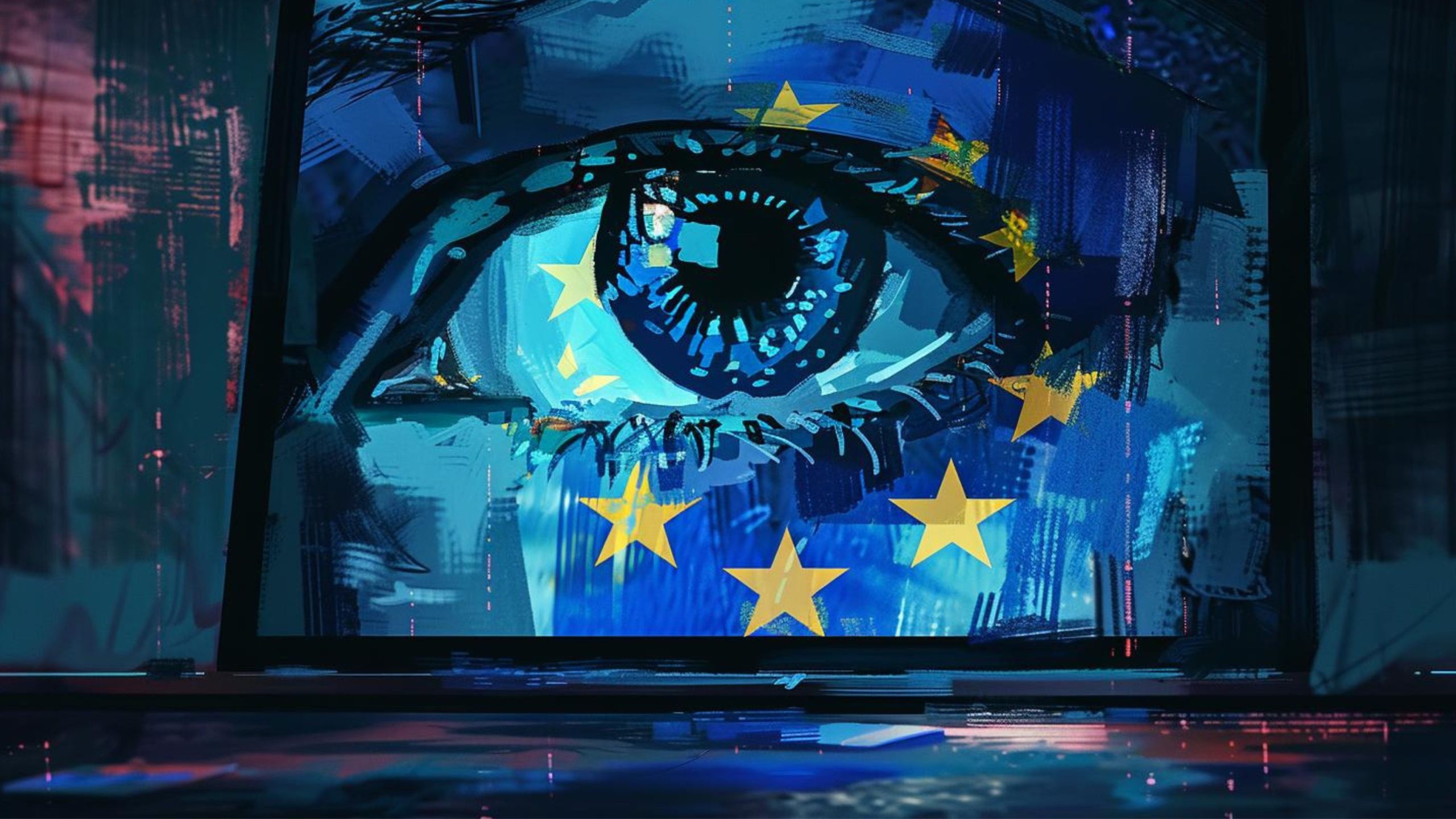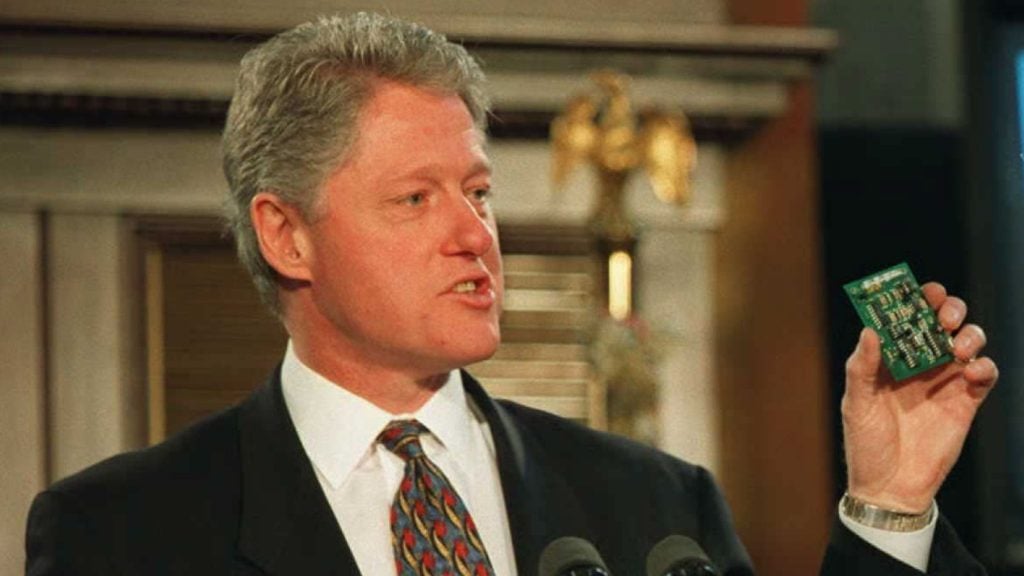Never fully trust any “voluntary” nature regarding “voluntary codes” – involving massive corporations and nations states, or, in this case, a transnational organization like the EU.
Usually, these are little else than an opportunity for those who have a lot to lose (in this case, Big Tech) to do some self-censorship and/or speech curtailing in general – before the government/government-like regulators step in to punish them for not being properly aligned with their policies. And, indeed, politics.
It’s obvious why both sides would likely play along. Governments don’t want to show their authoritarian sides, and corporations don’t want to lose money.
Here, we have the EU – the European Parliament (EP) to be precise – apparently hard at work to make sure some of the biggest US-based players – Facebook, Instagram, Gmail, even Xbox – continue with mass surveillance of private messages for another two or so years – April 2026 being cited as the new end-date.
The official rules this is happening under are known as ePrivacy derogation regulation.
To confirm this, last week, a German member of EP (MEP) and lawyer Patrick Breyer announced in a post on his site that what he says is “error-prone bulk chat control scanning” will indeed continue for several more years.
Breyer reported that the EP and the EU Council had agreed, thanks to what’s known as a “trilogue agreement,” for mass scanning of private messages and photos to continue for another two years.
The EP (and nation-states) elections are cited as the reason to make sure this deal is urgently extended now. The plan at first, Breyer says, was for a 9-month extension.
“The EU Parliament wants to end blanket chat controls that violate fundamental rights, but with today’s (Feb 15) deal it is cementing them. The EU Parliament wants a much stronger and court-proof protection against child abuse online, but today’s deal achieves nothing at all to better protect our children,” Breyer writes, adding:
“With so little fighting spirit, further extensions of the status quo are likely to follow and a better protection for our children is increasingly becoming unlikely. Victims of child sexual abuse deserve better!”
Furthermore, Breyer accuses what he calls an international surveillance-industrial network as having achieved the goal of securing an EP majority whose said purpose is to bridge what’s said to be a legal gap – that’s officially meant to solve the issue of (the previous version of EP) “bulk control mass surveillance” now getting phased out.
But Breyer is entirely unconvinced.
“In reality, bulk scanning makes no significant contribution to saving abused children or convicting abusers, but instead criminalizes thousands of minors, overburdens law enforcement officers and opens the door to arbitrary private justice by internet companies,” he writes and adds:
“If, according to the EU Commission, only one in four reports is relevant for the police, this means 750,000 leaked private beach photos, nude images and intimate conversations of Europeans without any law enforcement relevance every year.”
Breyer continues that as the representative of the German Pirate Party, he is “working to stop the illegal bulk chat control scanning in court” – a warning of sorts to the EU Commission and where its next censorship “endeavor” may lead it to.
“(The) agreement still requires approval by the EU Parliament and EU Council,” Breyer finally notes.










